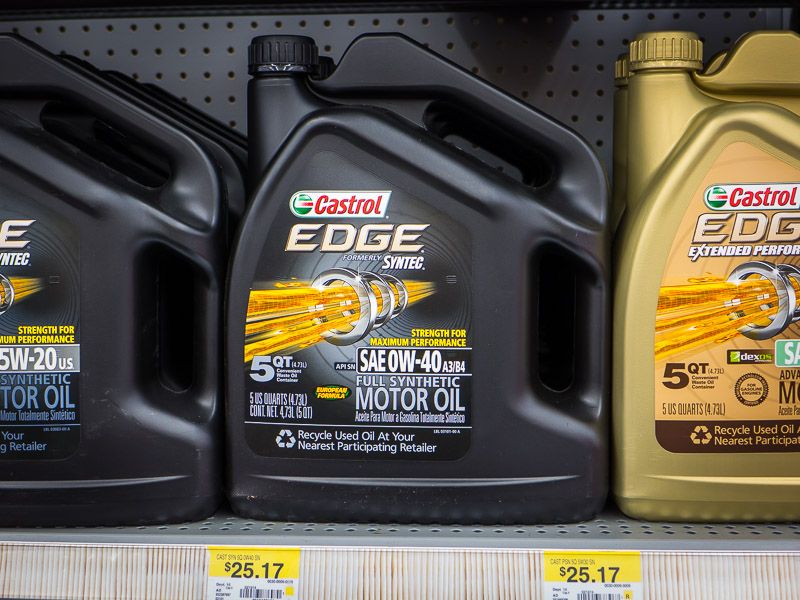Originally Posted By: wsar10
I'm still kind of unclear regarding the answer to the original question, 0w or 5w better for an engine ?
I just went through a similar decision and chose 0w (0-40GC) for the upcoming PA fall and winter, my concern was the same thing...
Is 5w better due to increased PSI at start or worse because its heavier,
on the other hand
Is ow better due to quicker flow rate or worse due to lower ability to maintain coverage ?
Please excuse my improper terminology....... I guess I just need a bit of clarification, please don't give me the automated "what the manual calls for" response, Its my understanding we are all here to dig a bit deeper than OE recommendations to find or verify the best solution.
There is never a simple answer to this question, because the SAE grading system is inherently hard to fully understand. To put it in the most simplistic terms, if your vehicle requires a 30 grade oil, then a 0W30, 5W30, 10W30, etc will satisfy the requirements of your engine at operating temperature equally (notwithstanding the differences in quality of oil and different brands / types available).
The biggest difference between 10W, 5W, and 0W oils are their extreme cold temperature performance. The SAE found it necessary to set MRV (low temp pumpability) and CCS (low temp cranking performance) limits on oils to prevent cars from not being able to start, or starting but not having a steady flow of oil being pumped up everywhere.
For a 5W, these limits are set at -30C for the CCS test, and -35C for the MRV test. The 0W has to pass the same tests but at -35 and -40C respectively.
What does this mean to the average person? Choose the appropriate grade of oil that will encompass the entire temperature range that you will be expecting between now and your next oil change. Also, since the advent of modern day synthetic oil, it is not really necessary to change your oil selection based on cold and hot weather. You can usually find a one-size-fits-all grade that will meet all of your requirements. Back in the day (with respect to conventional oil) people used to use a 5W30 in the winter for cold temperature performance, but switched to a 10W30 in the summer to attain a better shear stability in the heat. Not necessary with synthetic, where a 5W30 or even 0W30 will be suitable all year round, and have all of the shear stability that you will need in most cases for a daily driver.
Now in terms of your question, in normal PA winter temperatures, either a 5W30 or 0W30 synthetic will be fine. Assuming that the 0W30 synthetic is a bit thinner at extreme low temperatures you might end up with a slightly lower oil pressure reading on start-up and warm-up. Remember, you don't need a higher oil pressure for lubrication, you just need a sufficient pressure. At a hot idle, you may only have 10 psi of oil pressure (and that's all that's needed - more is not better or worse, it's just more).
Hopefully this makes a bit more sense.


